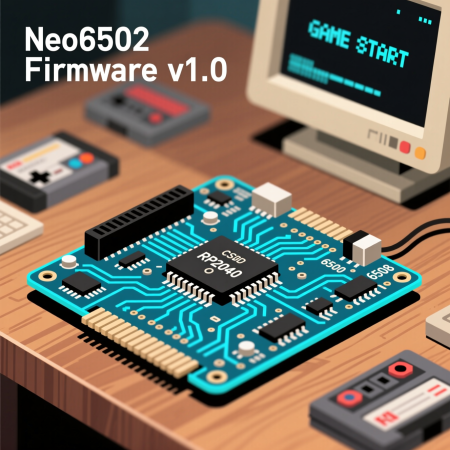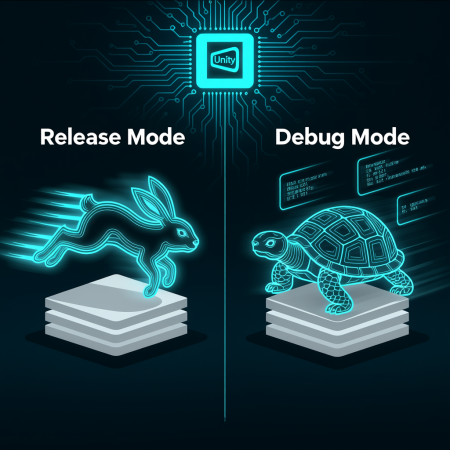text(X)text or 'textX - lightweight xtext alternative for python'
Just stumpled over textX an xText inspired python-toolbox for creating DSLs. Super simple to use. I love xText but it can be really a pain in the ass here an there. Mainly because you (at least me) always forget about the internal concept and/or structure. Especially how to wire what and how to get the dependency injection working.... :D
I actually wanted to give the xText Theia-Workflow a go but instead stumpled over textX. It is a super lightweight DSL generator and AST-Parser and seems to have an addon to create Visual Studio Code addons via Language Server Protocol. Didn't tried that, yet.
A grammar would look like this (very similiar to xText):
/*
Entity DSL grammar.
*/
EntityModel:
types*=SimpleType // At the beginning of model we can define
// zero or more simple types.
entities+=Entity // Each model has one or more entities.
;
Entity:
'entity' name=ID '{'
properties+=Property // Each entity has one or more properties.
'}'
;
Property:
name=ID ':' type=[Type] // type is a reference to Type instance.
// There are two built-in simple types
// registered on meta-model in entity_test.py
;
// Type can be SimpleType or Entity
Type:
SimpleType | Entity
;
SimpleType:
'type' name=ID
;
// Special rule for comments. Comments start with //
Comment:
/\/\/.*$/
;
A sample Model using this grammar:
entity Person {
name : string // A comment is everything after // to the end of line
address: Address // It is defined by the Comment rule in the grammar
age: integer // integer and string are built-in objects
} // See entity_test.py
entity Address {
street : string
city : string
country : string
}
And to let it work. This couple of lines including custom type (SimpleType),predefined data, obviously parsing and and simple generation:
from os import mkdir
from os.path import exists, dirname, join
from textx import metamodel_from_file
this_folder = dirname(__file__)
class SimpleType(object):
def __init__(self, parent, name):
self.parent = parent
self.name = name
def __str__(self):
return self.name
def get_entity_mm():
"""
Builds and returns a meta-model for Entity language.
"""
type_builtins = {
'integer': SimpleType(None, 'integer'),
'string': SimpleType(None, 'string')
}
entity_mm = metamodel_from_file(join(this_folder, 'entity.tx'),
classes=[SimpleType],
builtins=type_builtins)
return entity_mm
def main(debug=False):
# Instantiate the Entity meta-model
entity_mm = get_entity_mm()
def javatype(s):
"""
Maps type names from SimpleType to Java.
"""
return {
'integer': 'int',
'string': 'String'
}.get(s.name, s.name)
# Create the output folder
srcgen_folder = join(this_folder, 'srcgen')
if not exists(srcgen_folder):
mkdir(srcgen_folder)
# Build a Person model from person.ent file
person_model = entity_mm.model_from_file(join(this_folder, 'person.ent'))
# Generate Java code
for entity in person_model.entities:
# For each entity generate java file
with open(join(srcgen_folder,
"%s.java" % entity.name.capitalize()), 'w') as f:
f.write("%s.java" % entity.name)
if __name__ == "__main__":
main()
Would have to port my own templating engine, but I guess with python that would be super easy. Definitely interesting...
More examples: https://github.com/textX/textX/tree/master/examples
Documentation: http://textx.github.io/textX/stable/




